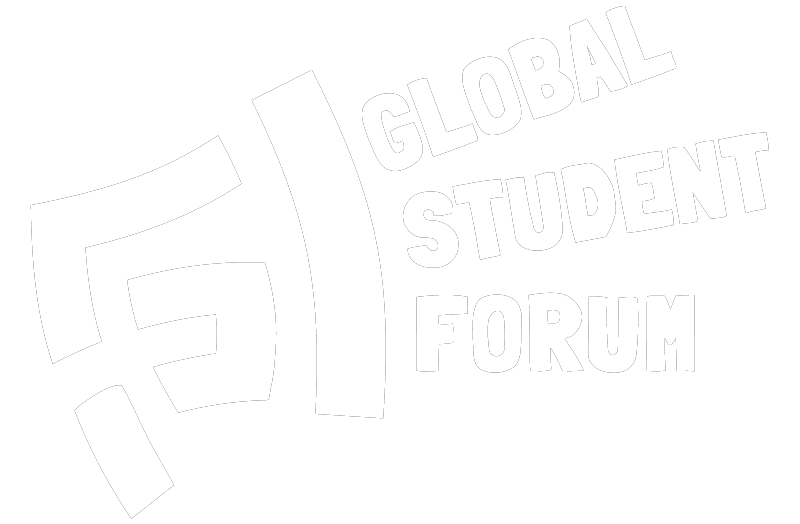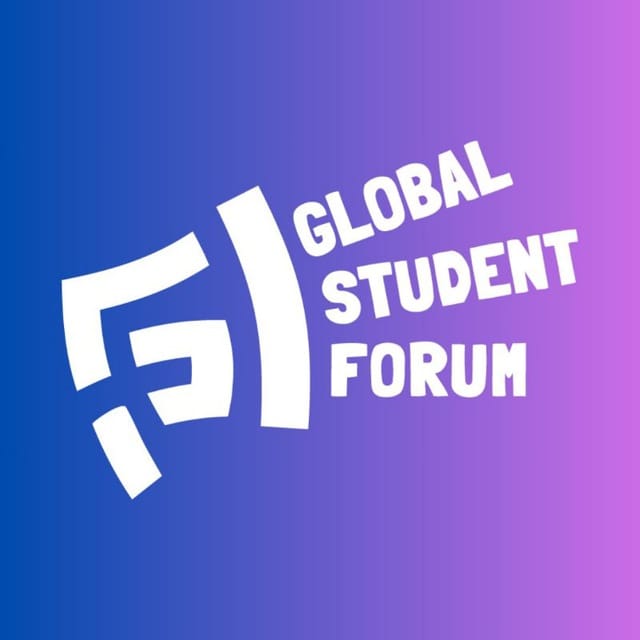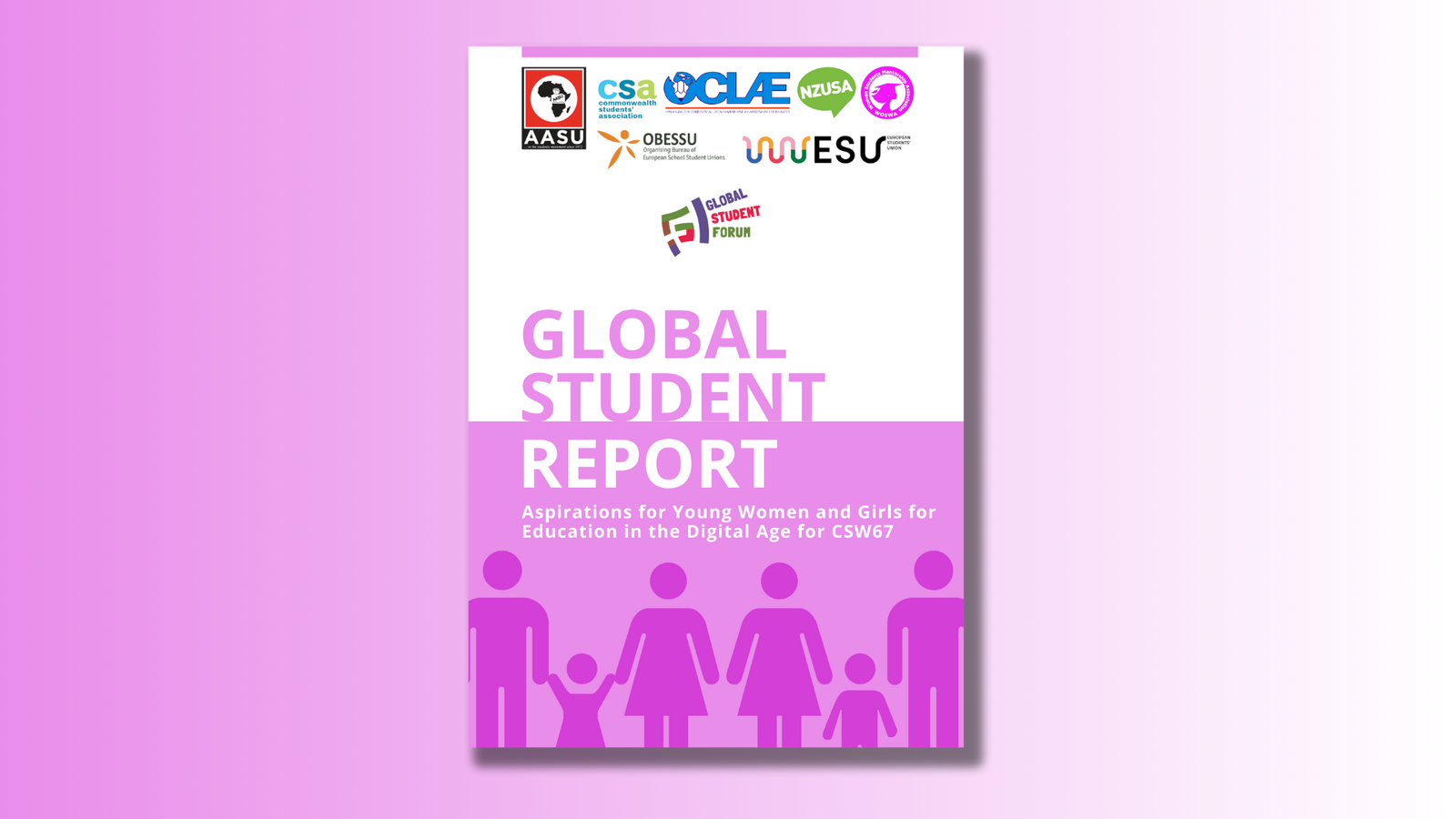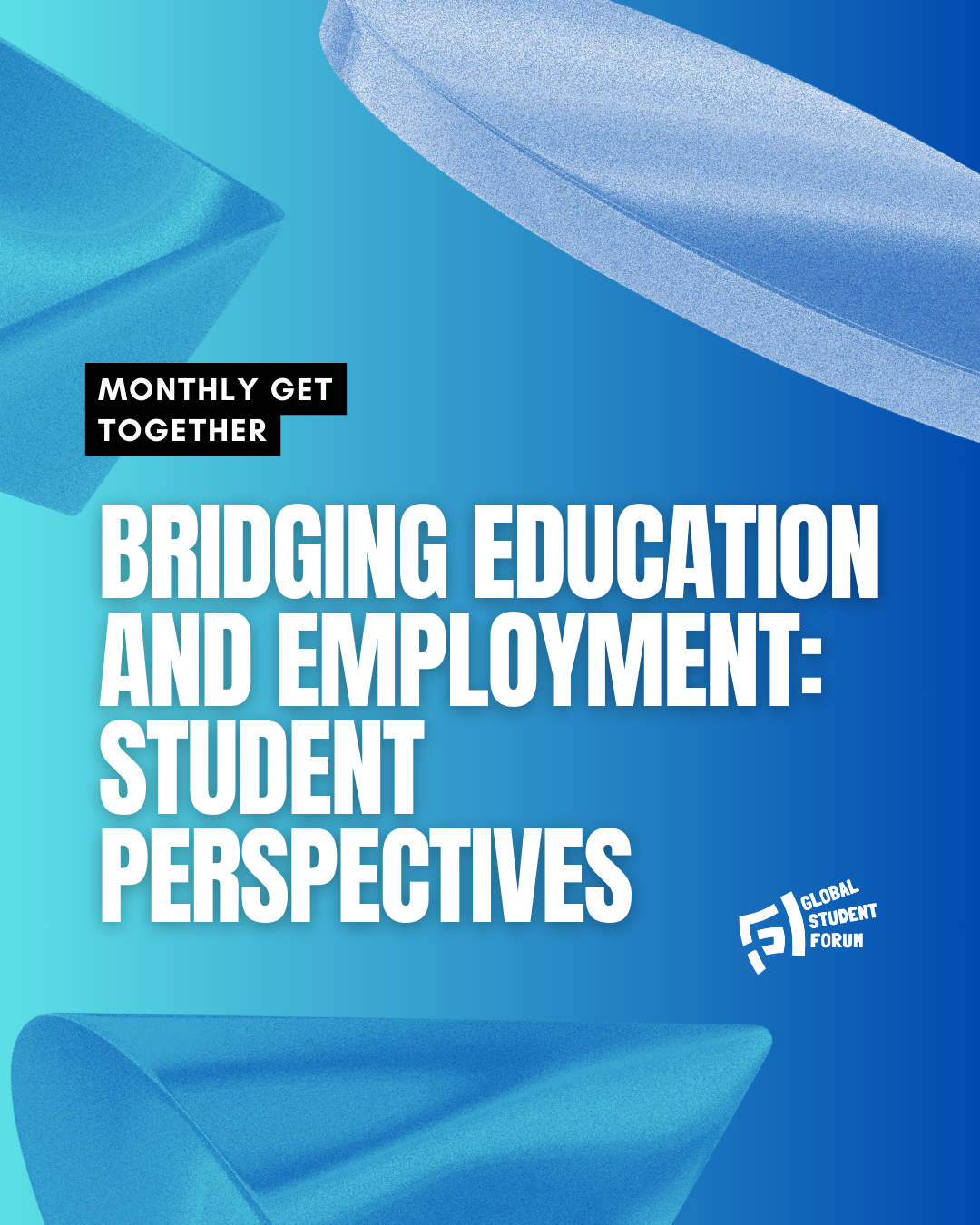In an ambitious response to the United Nations Women's call for youth reports, the Global Student Forum (GSF) has presented a comprehensive study addressing the critical themes of innovation, technological change, and education in the digital age, all through the lens of achieving gender equality and empowering all women and girls. This initiative is a part of the 67th Commission on the Status of Women (CSW67), spotlighting the vital intersection of gender, technology, and education.
Representing a vast global student movement, the GSF's report unites voices from hundreds of millions of students across both school and higher education sectors worldwide. Crafted in collaboration with key regional student platforms, including the All-Africa Students’ Union (AASU), Commonwealth Students’ Association (CSA), European Students’ Union (ESU), alongside contributions from the New Zealand Union of Students’ Associations (NZUSA) and the Kenyan Women Students Mentorship Association (WOSMA), the report embodies a powerful coalition for change. This effort also showcases the synergy between the GSF’s Inclusive Education and Gender Justice Cluster and the Quality Education Cluster.
Highlighting the disruptive impact of the COVID-19 pandemic on global education, the report underscores the digital divide that has exacerbated gender disparities in access to education and technological tools. The swift transition to digital platforms during the pandemic revealed both opportunities and significant gaps in access, particularly affecting young women and girls. With 118.5 million girls out of school at the pandemic's peak, and threats such as child marriage and human trafficking looming larger due to educational discontinuity, the urgency for targeted interventions has never been clearer.
The report draws attention to global movements led by female students demanding educational access and rights, from Afghanistan to India, amplifying the call for systemic change. The GSF firmly upholds gender justice, emphasizing respect for gender expression as fundamental to recognizing human rights and freedoms. Through highlighting various initiatives aimed at supporting young women, girls, and gender-diverse individuals, the report not only champions policy reforms and advocacy efforts but also grassroots movements making tangible impacts.
Research highlighted within the report suggests such initiatives significantly bolster the mental health and wellbeing of young women and girls, touching on aspects from maternal health to protection against violence. In advocating for gender justice and inclusion within education, the GSF positions itself as a pivotal force in challenging and redressing historic and social inequalities, whether through technological engagement or traditional classroom settings.








